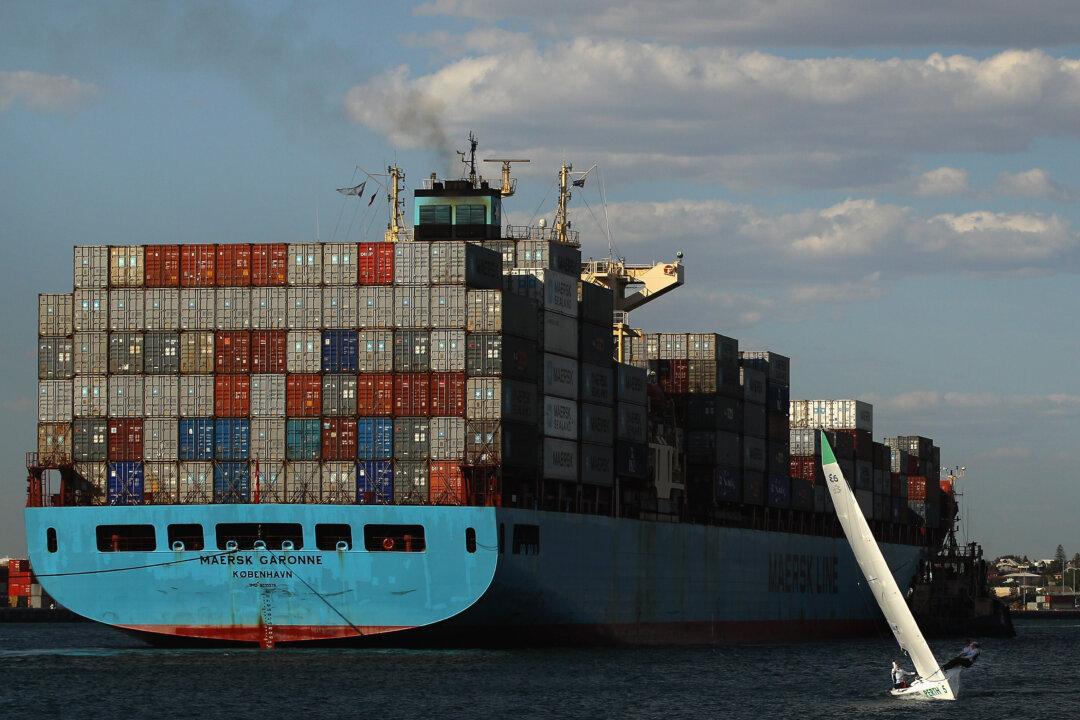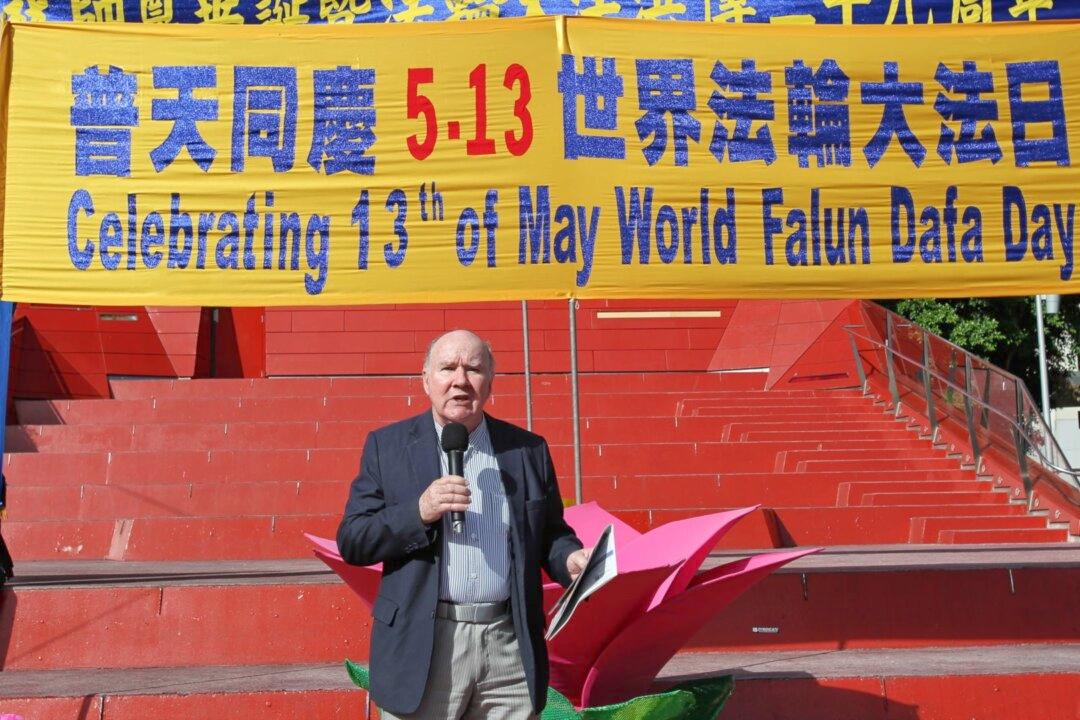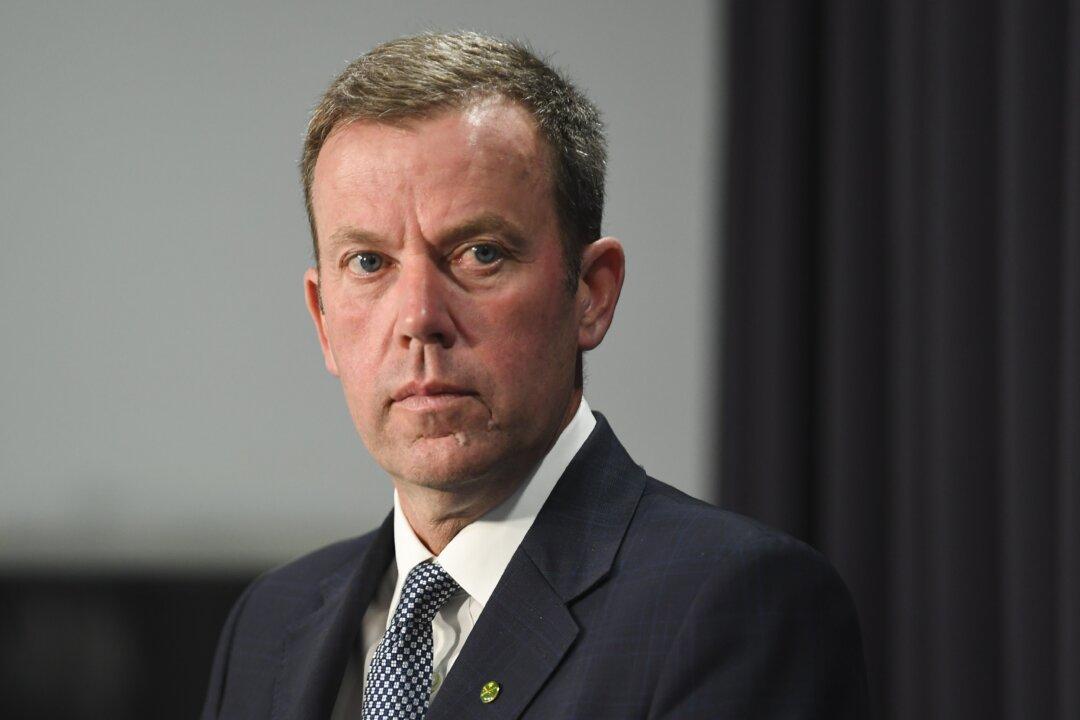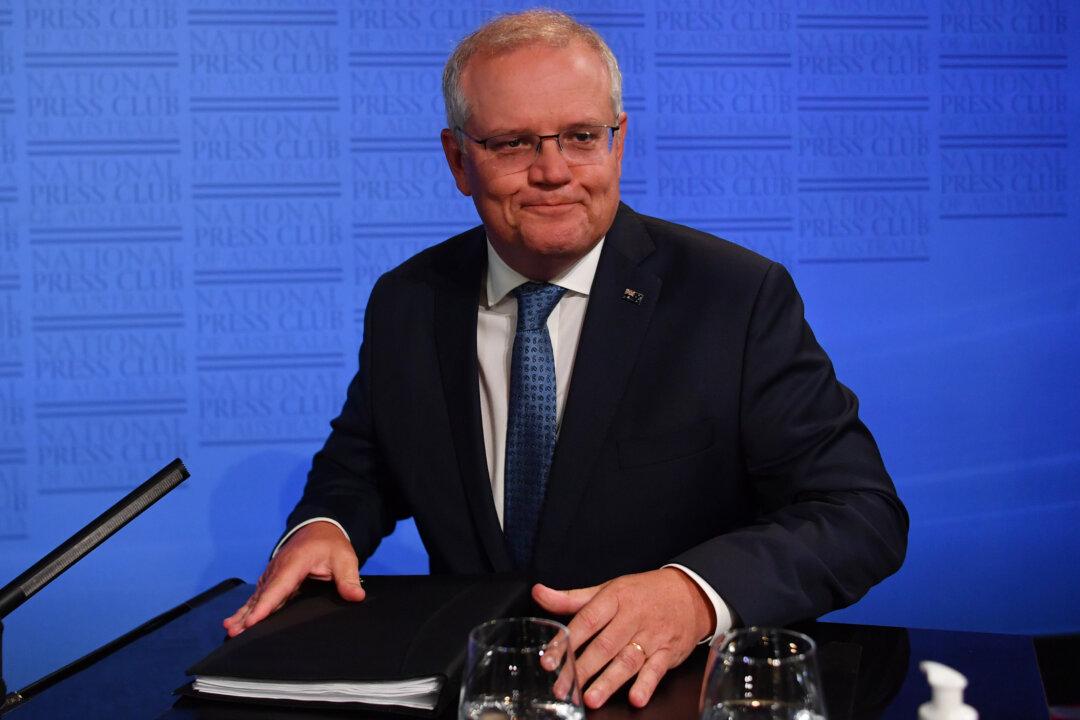Australian barley farmers are seeking to develop trade relationships with other countries as the Chinese regime levies heavy tariffs.
On May 18 China’s minister of commerce announced that after 18 months of investigations Australian barley imports will be charged an additional 73.6 percent anti-dumping tariff, and 6.9 percent subsidy charge.





